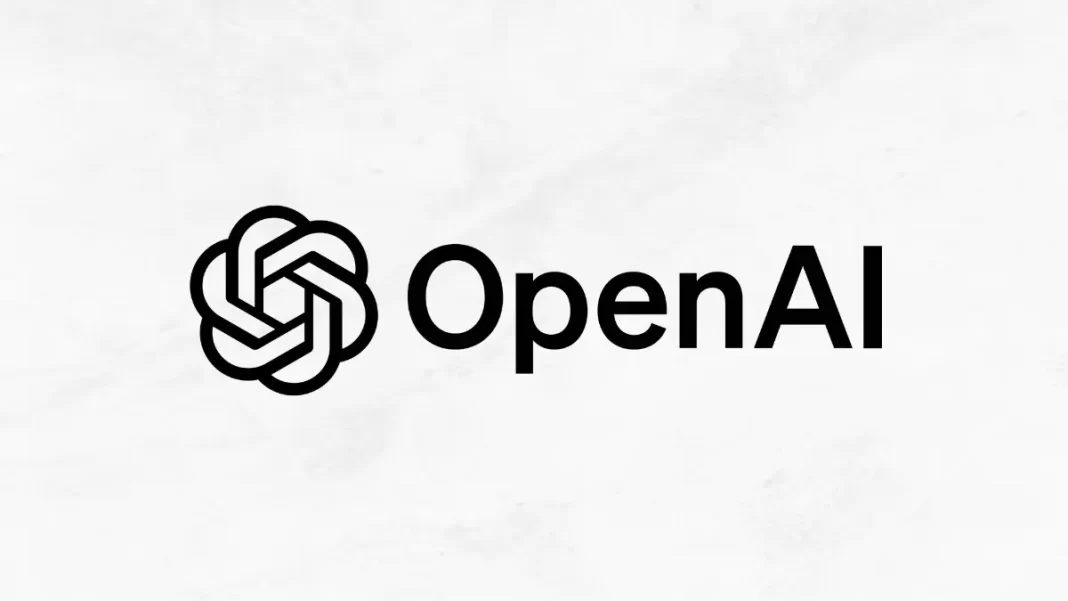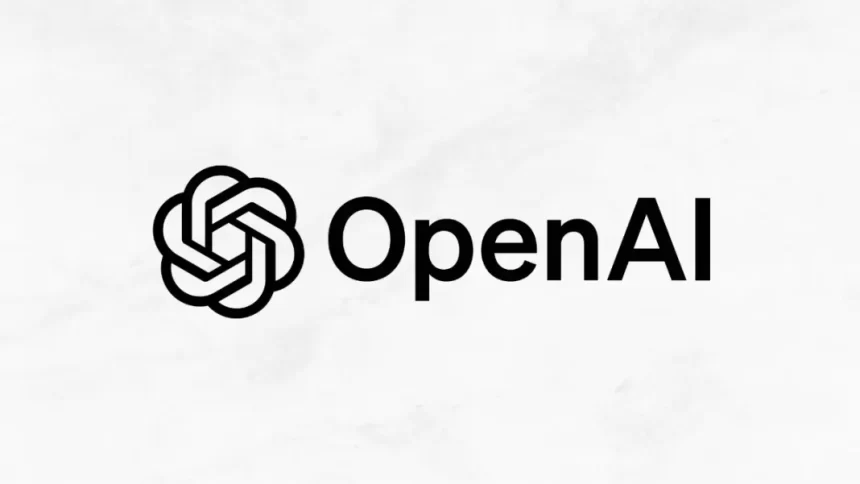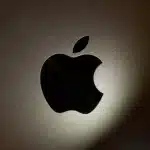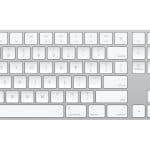OpenAI has acquired Sky, a lightweight AI app for macOS, marking a major step toward embedding ChatGPT directly into the Mac ecosystem. The acquisition, announced on October 23, 2025, brings Sky’s entire team — led by co-founder and CEO Ari Weinstein — into OpenAI. Weinstein previously co-founded Workflow, which Apple acquired in 2017 and later turned into the Shortcuts app.
Sky will be merged into ChatGPT, adding its deep macOS integration and screen-awareness features. This move positions OpenAI to compete directly with Apple’s upcoming Apple Intelligence suite in macOS Tahoe and iOS 26.

What Makes Sky Unique
Sky acts as an overlay that “floats” above the desktop, using macOS accessibility APIs to interpret what’s on-screen. It can summarize text, automate app actions, and perform tasks through natural language — all without switching windows.
Early testers compared Sky to a blend of Apple’s Shortcuts app and ChatGPT’s reasoning power. Instead of asking ChatGPT to “write an email,” a user could say, “send an email to Sarah,” and the assistant would draft and send it directly from Apple Mail or Gmail.
OpenAI Vice President Nick Turley said the acquisition is part of a push to make ChatGPT “an active helper, not just a passive responder.” He emphasized that Sky’s ability to interact with Mac apps brings OpenAI closer to creating an assistant that understands and acts on real context.
Competition and the Bigger Picture
Apple is pursuing a similar goal with its own AI system. Apple Intelligence aims to give Siri the ability to understand on-screen content and perform contextual actions, such as replying to emails or editing documents.
For now, OpenAI has not announced when Sky’s technology will roll out in ChatGPT. Typically, new features appear first in the Plus and Team plans before reaching all users.
If successful, Sky’s integration could make ChatGPT a true digital coworker on the Mac — capable of reading, responding, and acting across applications. As OpenAI and Apple compete for AI dominance on desktop, Mac users could soon experience a new era of hands-free productivity












